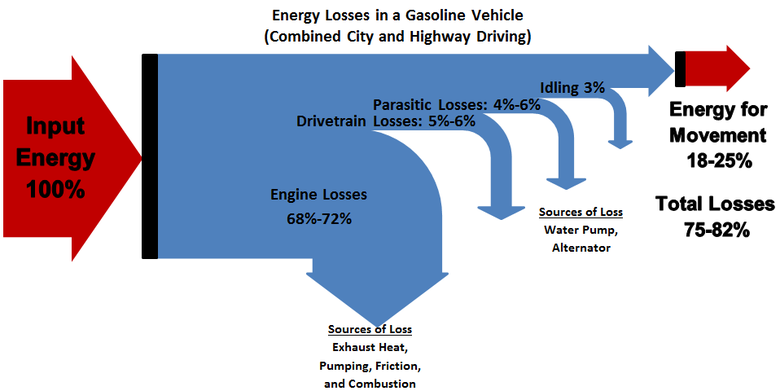According to the laws of entropy, does heat flow decay from high frequency wave lengths to low frequency wavelengths?
No. For a number of reasons:
1) There isn't actually a "law of entropy". There are laws of thermodynamics, some of which can be expressed partly in terms of entropy. The 2nd Law can be stated in the form that, in spontaneous processes, entropy never decreases, i.e. it either increases or, at best (and only in the special case of reversible processes), remains constant.
2) A wavelength does not have a frequency. A
wave has both a wavelength (λ) and a frequency (f) , the two being related by the speed (v) of the wave, as follows: v = fλ. So the longer the wavelength, the lower the frequency, for a given speed of the wave.
3) Heat does not have either a frequency or a wavelength, as heat is not a wave. Heat is the internal kinetic energy associated with thermal motion of atoms and molecules, that flows between bodies at different temperatures.
But the idea of decay has some validity. Entropy is a measure of how statistically spread out, or diffuse, energy has become. The more spread out it is, the harder it is to get it to do mechanical work. Given that spontaneous processes involve an increase in entropy, over time energy gets more spread out and unavailable to do work. In this sense one could describe it as having "decayed".




